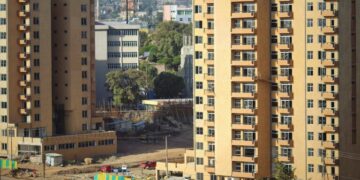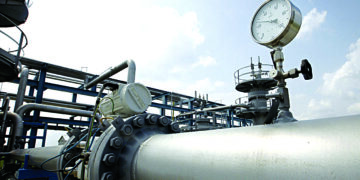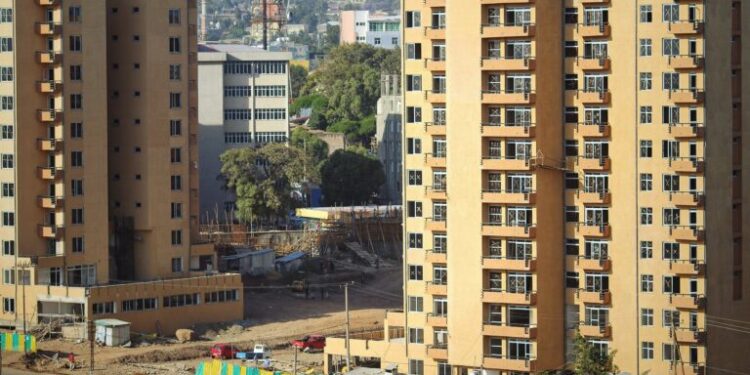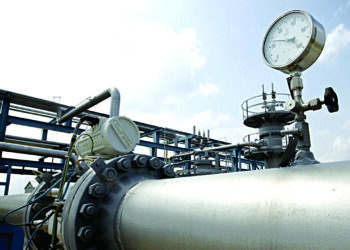By Ebi Kesiena
Ethiopia has been ranked as the most expensive country to live in across Africa, according to the latest global cost of living report. The East African nation placed 53rd worldwide with a cost of living index of 46.5, the highest on the continent.
The findings are from the 2025 edition of the “Cost of Living Index by Country,” compiled by the world’s largest cost of living database. The report reveals that Ethiopians now spend significantly more on everyday essentials such as food, transportation, and dining out, compared to residents of other African nations.
A key driver of the country’s high cost of living is the sharp rise in grocery prices, making it increasingly difficult for families, especially those on low or fixed incomes, to afford basic necessities. The report notes that while rent in Ethiopia remains relatively affordable when compared globally, the total cost of living, which includes rent, food, and services, places a heavy burden on most households.
In comparison, countries like Botswana, Mozambique, Côte d’Ivoire, Somalia, Cameroon, and Mauritius follow Ethiopia in the rankings, while Zimbabwe appears further down the list. Despite their own economic challenges, none have matched the steep increase in Ethiopia’s living costs.
Transportation within Ethiopia is also a major contributor to the high index, with local travel—whether for work or daily errands, costing more than in most African nations. Eating out and accessing various services have also become notably more expensive.
These rising expenses coincide with significant shifts in Ethiopia’s economic policies. Over the past year, the government has implemented reforms including changes to the foreign exchange system and cuts in public spending. While these moves aim to stabilise the economy, they have also contributed to increased financial pressure on ordinary citizens.
Meanwhile, the report paints a complex picture of a country in economic transition, where day-to-day living is becoming costlier despite efforts to revive growth and stabilise inflation.




































